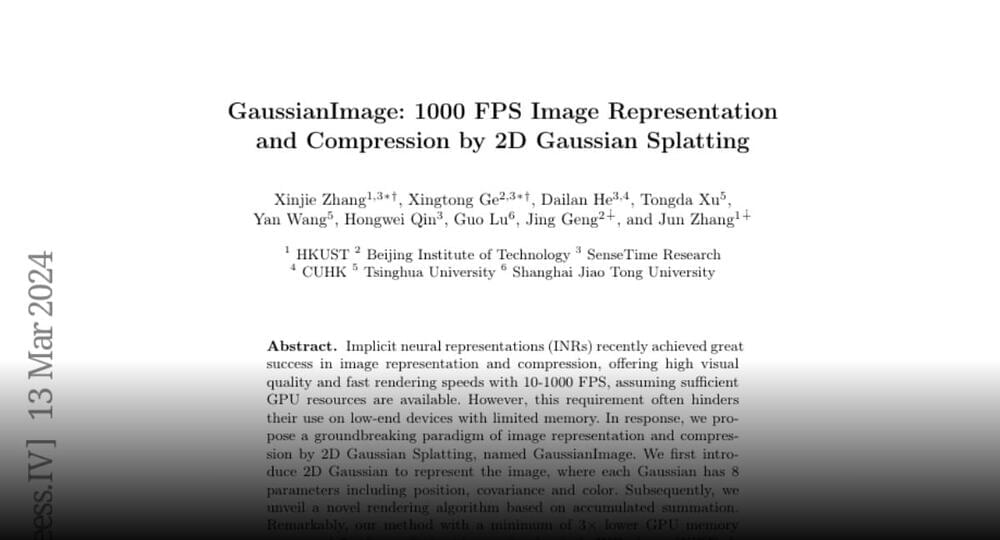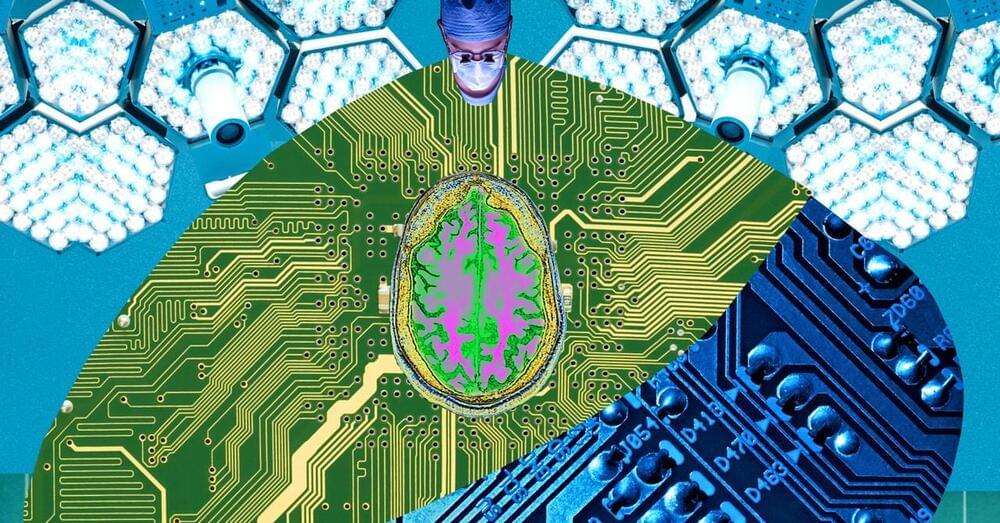
Let’s be honest – we’re all getting sick of seeing AI plastered over every tech product. A trend that will not be slowing down any time soon. A recent victim of this trend is the PC market, as AMD, Intel, Microsoft, and Qualcomm have been talking about AI PCs for the last year or so. Microsoft will be hosting an event on March 21st that is titled The New Era of Work. AMD, Intel, and Qualcomm will have dueling keynotes for their respective CEOs at Computex in Taipei, Taiwan. Be prepared for a flood of AI PCs this year.
In all honesty, Tirias Research has been a promoter of AI processing as the next big wave of computing – using trained data to better process predictive models and user interfaces. The use of AI processing has made major improvements to such PC tasks as voice recognition, video upscaling, video call optimization, microphone noise reduction, and power/battery management. The role of Large Language Models (LLMs) to build AI that can generate novel material/content from text prompts (Generative AI or just GenAI) has unleased another level of applications for AI. With GenAI, some tasks such as image development, creative and business writing, chatbot assistants, and now even video creation are possible with minimal user input. But to date, GenAI has run in cloud datacenters with some limited client device examples. The processing requirements and the power requirements to run the ever-increasing demand for GenAI is threatening to break cloud data centers.








